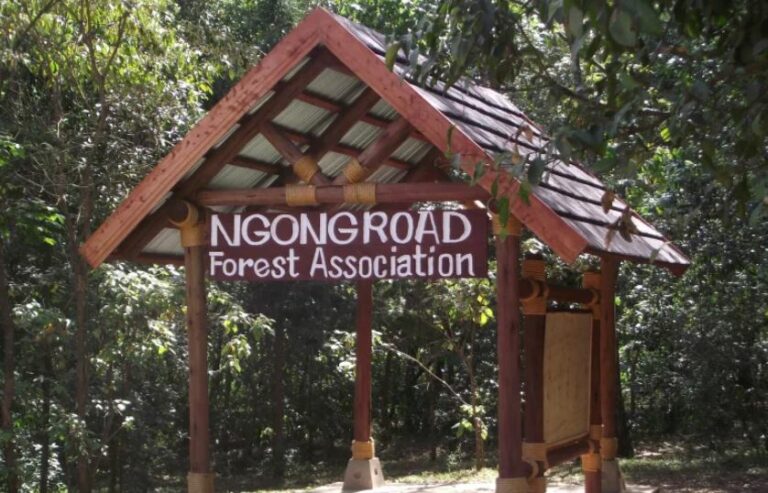Environmental Concerns Raised by Green Belt Movement
The Green Belt Movement (GBM) has raised a red flag over the construction of a luxury hotel within Ngong Forest, a vital ecological zone near Nairobi. The environmental organization is calling for the immediate suspension of the project and has formally petitioned the Kenya Forest Service (KFS) for answers.
Demand for Transparency from Kenya Forest Service
In a letter addressed to KFS CEO Alexander Lemarkoko, GBM is demanding full disclosure about the project. The organization seeks clarity on:
- The identity of the developer
- How the project received authorization
- Whether it complies with environmental protection laws
“Ngong Road Forest is a critical ecological and biodiversity resource,” the statement reads. “Encroachment threatens essential ecosystem services like water catchment, carbon storage, and air purification.”
NEMA Revokes Developer’s License
The National Environment Management Authority (NEMA) has now stepped in, revoking the license initially granted to Karura Golf Range Limited. The move follows the developer’s failure to:
- Submit a valid Environmental Impact Assessment (EIA)
- Develop the land within the required 12-month period
NEMA cited multiple violations of environmental regulations and warned that no construction should resume until all legal conditions are met.
Public Participation Now Required
NEMA emphasized that any future development in the area must:
- Involve public participation
- Undergo a comprehensive compatibility study
- Include a detailed risk analysis
Until these requirements are fulfilled, all construction activities are prohibited.
What Lies Ahead for Ngong Forest?
This controversy highlights the ongoing battle between environmental conservation and urban expansion in Kenya. GBM and other environmental advocates are urging both the public and government agencies to defend Nairobi’s rapidly diminishing green spaces.
“Protecting Ngong Forest is not just about saving trees—it’s about preserving clean air, water, and the future of our urban ecosystem,” GBM stated.



